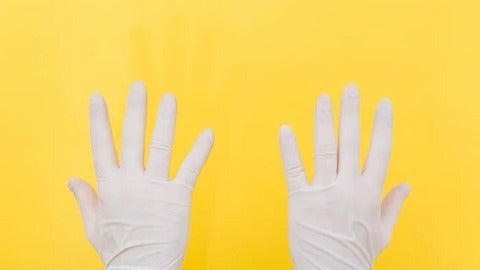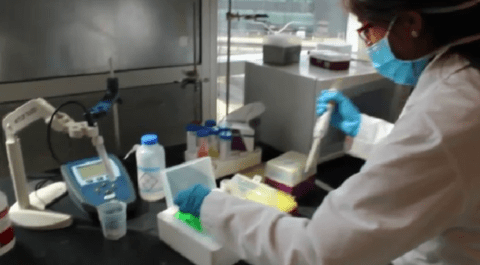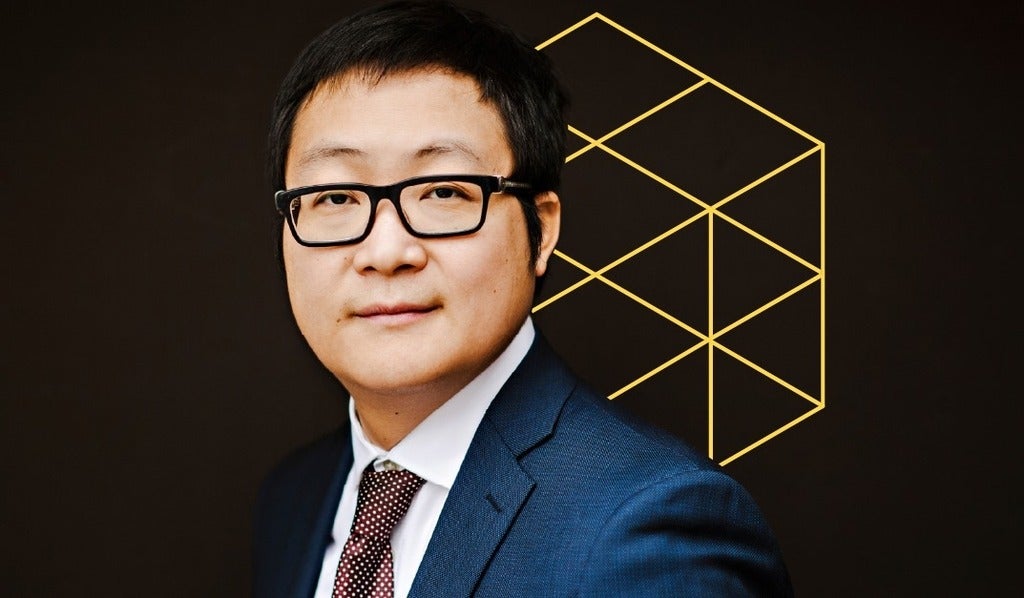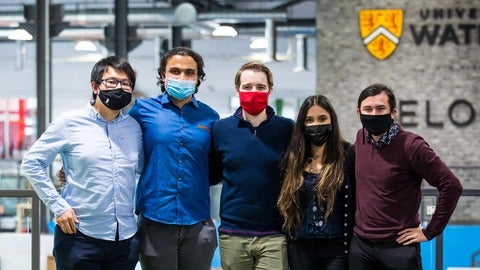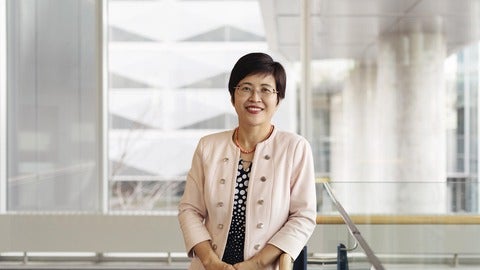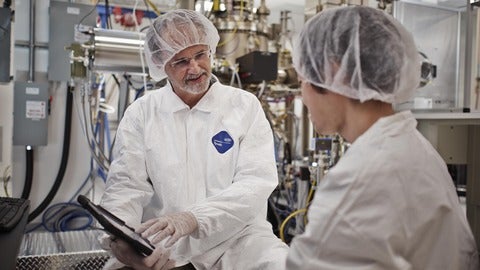Disposable gloves can be used up to 20 times with the right disinfection method
Single-use, medical-grade gloves could be safely reused up to 20 times when using certain disinfection methods – a welcome piece of news for frontline healthcare workers facing PPE shortages during the COVID-19 pandemic.
In a new study of six viral disinfection treatments on two commonly used types of disposable gloves worn for personal protection throughout the pandemic, researchers at the University of Waterloo found that alcohol, UV and heat treatment could be acceptable disinfection methods that allow the reuse of gloves up to 20 cycles.
